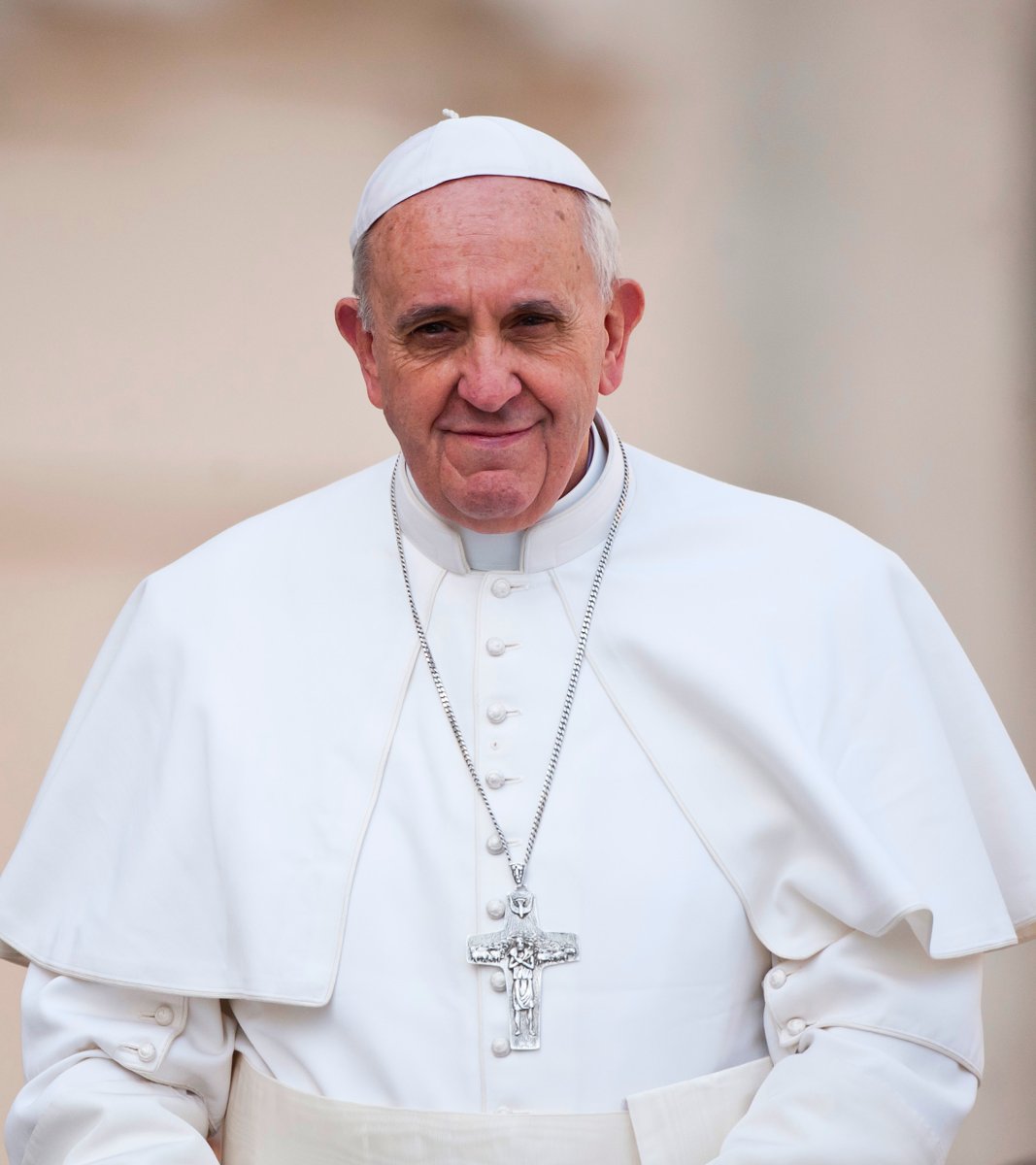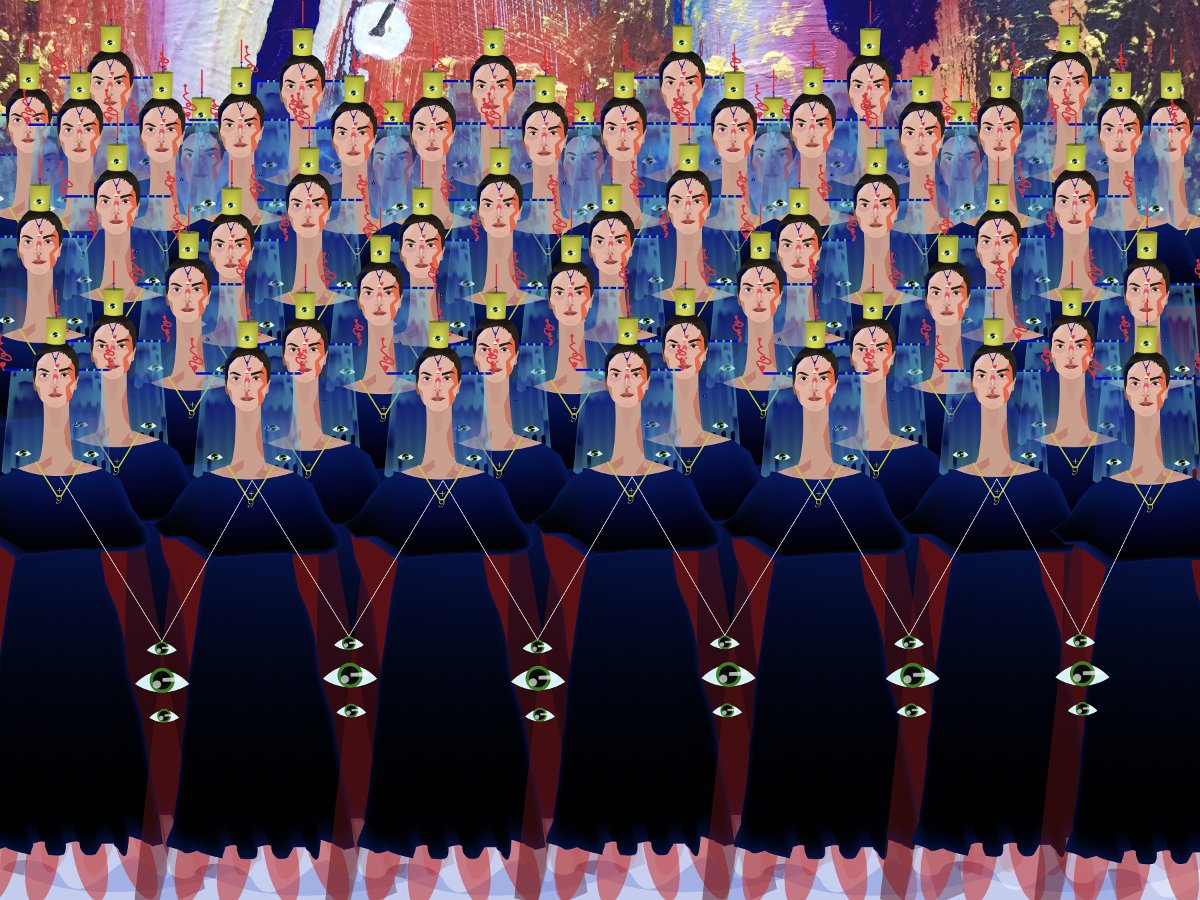“There is a crack in everything. That’s how the light gets in.”
I just watched three new movies: Little Women, directed by Greta Gerwig, A Hidden Life, directed by Terrence Malick, and Two Popes, directed by Fernando Meirelles.
All three spoke to the importance of questioning orthodoxy in different times and different places.
Little Women was set in the mid-19th century in New England. It’s a wonderful, big-hearted movie that pays homage to female ambitions and aspirations. The heroine, Jo March, follows her passion and challenges the orthodoxy that women have to write a certain way and should be more focused on getting married than making a difference in the world. With fierce determination, Jo inspires young women in all times and places to pursue their dreams and to speak up.
Hidden Life takes place in Germany during World War II. Based on a true story of a conscientious objector, this poignant movie forces us to confront philosophical challenges. Franz, the real-life hero in the story, is the type of “ordinary” man who rarely gets celebrated in movies.

He is not a radical revolutionary, a firebrand politician, or a charismatic extrovert. He simply struggles to live with a set of beliefs that run counter to the Nazi killing machine.
By refusing to say “Heil Hitler” or to participate in genocide, he suffers punishing consequences meant to break his resolve. His quiet refusal to “get along and go along” with Nazi orthodoxy ultimately results in a predictable outcome.
Two Popes takes place in Buenos Aires and Italy during current times. It is a fictionalized account of the relationship between Pope Benedict and Pope Francis in 2013 just before Benedict resigned and for the first few years of Francis’s selection. This movie humorously reveals the characters and paths of these two Popes and how they learned to appreciate and value each other in spite of their different beliefs. It briefly depicts Pope Francis’s past in Argentina including his relationship to the infamous “disappearances” that occurred there, as well as Pope Benedict’s Bavarian history and his involvement in the Hitler Youth corps and his reluctant participation in the Nazi army. In the movie, Benedict vigorously defends conservative orthodoxy, and Francis demonstrates the courage to challenge some traditional beliefs. From my point of view, Francis challenges too few orthodox beliefs too weakly, thus the film may present a more positive view than he deserves.
All three of the characters in these movies had one thing in commonthey were all standing up for their principles in the face of daunting odds and deadly orthodoxy.
None of them could have predicted how their individual acts of courage would shed light on the darkness of their days.
None of them will ever know whether or not they put a crack in the armor of orthodoxy and how each little crack may have allowed just enough light to grow something beautiful.
In Little Women, Jo had no idea how her example would inspire millions of young women to stick to their dreams in spite of all the obstacles. By fighting for what she believed was right and fair, she opened a little crack for women that thousands of aspiring writers flooded through and, in so doing, enlightened future generations.
In The Hidden Life, Franz had no idea how his staunch refusal to adhere to the ubiquitous norms and ugly expectations that dominated the Nazi culture would impact anyone. He felt entirely alone in his battle. By remaining true to his principles, however, he may have opened a small crack for a growing band of resistors to sneak some light and fight into the darkness. At a minimum, his wife and kids were forever strengthened and transformed by his example.
In Two Popes, Pope Francis displays his sense of humor as a flawed human being. I’m not sure how much of an impact he will ultimately have on the 1.2 billion Catholics in the world, but I found his honesty and humility refreshingat least as he was represented in the film. For example, I loved the fact that he refused to wear the traditional Pope costume on Day 1, and he continues to turn down the trappings and temptations of pomp and power inherent in his post.

Orthodoxy is manifested in many ways.
- Orthodoxy is often revealed when you hear someone using “but” instead of AND. The “ya but” response is usually the segue into one form of orthodoxy or another. It is typically a retreat to established positions.

Title: Keep it square | Author: Kevin Dooley | Source: Own Work | License: CC BY - Orthodoxy is often revealed when people assume a certain set of beliefs and/or skills in a given population. Effectiveness in any field depends on an accurate diagnosis or discrimination about what is required and how to address an issue. Any response depends on who you are dealing withlevel of commitment, depth of capabilities, and cultural influences. Orthodoxy often limits those responses.
- Orthodoxy is often revealed by rigid ideologies, i.e. “It’s my way or the highway.” Most change is thwarted by a limited response repertoire, e.g. “if you only have a hammer, you will always find a nail to pound.” Few of us are willing or able to make the effort required to expand the range and depth of our skills and knowledge. Lasting change depends on broad and deep skills and knowledge as well as an openness to different ways of doing and being. Orthodoxy resists new ideas, skills, and knowledge.
- Orthodoxy is often revealed by certainty, i.e. when we rigidly cling to a certain set of beliefs and refuse to doubt or question dogma. In so doing, we close down possibilities. We need to be constantly open to new ideas and fresh approaches. Orthodoxy kills change and growth.
Leadership and war offer two good examples of how orthodoxy can be destructive.
Great leaders become successful strategists because they are willing to take risks or reject the party line or established orthodoxy.
There is a big difference between leaders who are only interested in moving up the hierarchy or satisfying someone else’s vision vs. those leaders who are constantly seeking creative ways to deal with real people with real problems. For example, fighting for minimum wage is not an abstract principle, it is a concrete way to improve living conditions for the working poor. Achieving it, however, requires us to confront the orthodoxy that paying living wages will sink the economy.
In Vietnam, I saw in raw and tragic ways how orthodoxy not only kills fresh ideas but kills fresh, young soldiers as well.
A key element of military orthodoxy is that soldiers must always obey orders from the chain of command.

If a lieutenant orders you to kill innocent women and children (think My Lai and Lieutenant Calley), then you must follow the order. If nothing else, Vietnam fostered a culture among young people that questioning authority is a good thing. Clearly, in the military, there are reasons why obedience and chain of command are essential for combat effectiveness, AND there are sometimes situations where orders need to be challenged.
The Vietnam War put this issue in sharp relief.
This was a war that should never have been fought. A diplomatic solution would have resulted in a far more beneficial outcome for everyone. And two million lives would have been saved.
Imagine this scenario. A 22 year old lieutenant arrives in Vietnam and is assigned to a platoon in a remote area near the border with Laos. He inherits a group of young, demoralized kids who don’t believe in the war and who are just trying to survive their last few months in Vietnam. They are toward the end of their tour, they have lost friends, they have witnessed horrendous atrocities, they have suffered unimaginable indignities and faced towering fears. They have been ordered into dangerous situations many times and cut threw jungle underbrush fighting off bugs and snakes only to retreat with nothing but bites and wounds to attest to their effort. Their new leader, wanting to make a name for himself and establish his leadership, orders them into the jungles on a search and destroy mission.
They have three choices: 1) refuse to go and face a court martial; 2) follow the orders and risk the chance of seeing their friends or themselves get wounded or killed for no good reason; or 3) “accidentally” kill or wound the lieutenant with a “random” bullet or grenade.
What choice would you make?
In the Vietnam war, there are over 800 document incidents in which the soldiers chose #3. And 800 is believed to be the tip of the iceberg.
To be clear, I am not condoning or advocating the fragging option, but I understand not only the difficulty of making the choice but the necessity of confronting the orthodoxy that you must always obey all orders.
To me, what all these stories tell us is that standing by our principles and speaking up, no matter how useless it may seem to us at the time, just may open up a tiny crack that lets some light shine on some dark issues.
The questions are:
- Where do I draw the line between questioning and “fragging?”
-
If there doesn’t seem to be a crack in the orthodoxy I’m confronting, how can I make one?
-
What price am I willing to pay for my principles?
As we enter this new decade, I am hoping that we can all be clear about the principles that define us as unique human beings and that we stand up and speak out for those principles is spite of the price. I’m also hoping that at least four Republican senators vote for impeachment in the first month of this decade. Perhaps their votes will create enough of a crack in their orthodoxy to let the light shine in. May it be so.



